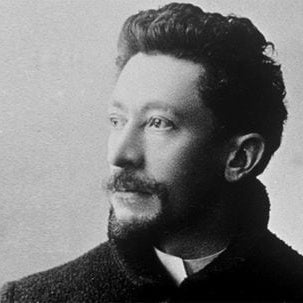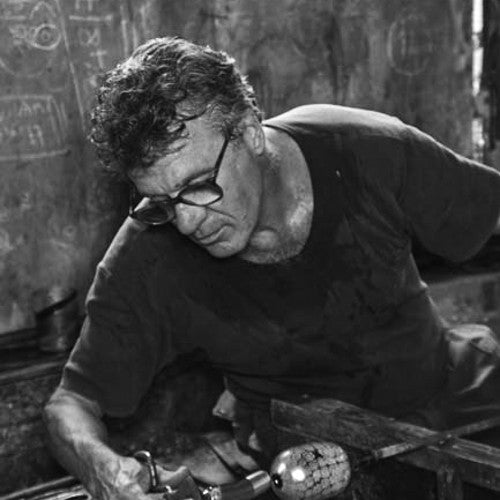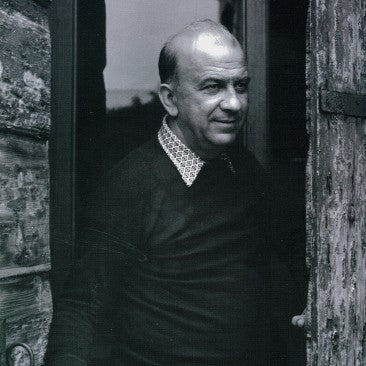Emile Gallé was a French glassmaker and designer born in Nancy in 1846 and died there in 1904.
He was one of the most significant exponents of Art Nouveau.
He gained experience in his father’s ceramics and glass factory in Nancy and at Mosan laboratories, combined with a passionate study of humanities and sciences (particularly botany and mineralogy), which led him to achieve results of great technical and formal value.
Emile experimented with new pastes and enamels with rich shades (clair-de-lune glasses, jewel enamels, marqueted crystals, patinated crystals, brocaded crystals), developing zoo- and phytomorphic decorative motifs.
He was involved in national associations of decorative arts and was among the founders of the group of Lorraine artists called École de Nancy (1901).
In addition to producing glass and ceramic objects, also industrially started, Gallé dedicated himself to furniture design.
He stayed in Paris and London in 1871 and 1872. In 1874 he gained the art direction of his father’s firm, obtaining international successes, especially at the 1889 and 1890 Universal Exhibitions. He established the “Nancy School” in 1901 together with Majorelle, Vallin and the Daum brothers.
He is one of the most representative interpreters of Art Nouveau floreal current.
The importance of his glasswares is tied to the fact that industrial production went hand in hand with experimental works.

Credits:




Dejar un comentario
Todos los comentarios se revisan antes de su publicación.
Este sitio está protegido por hCaptcha y se aplican la Política de privacidad de hCaptcha y los Términos del servicio.